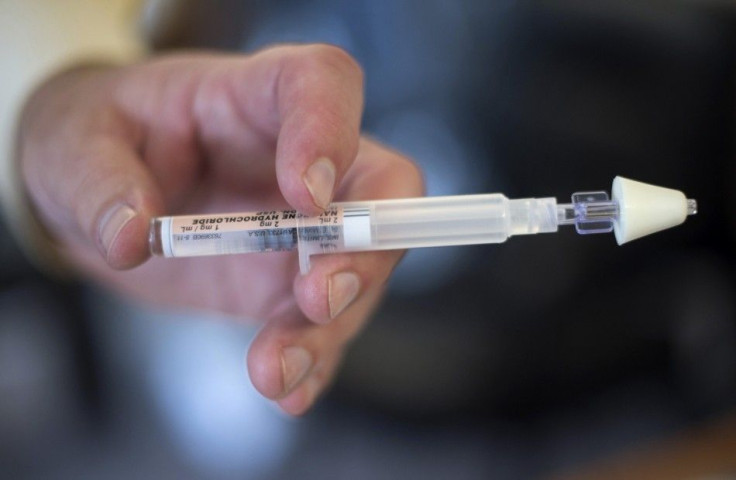No Link Between Vaccines and Autism: Review in 'Pediatrics'

A project that screened scientific titles and papers on safety of vaccine concluded that vaccination for children is safe. The latest edition of Pediatrics, a medical journal, published the review.
The study authors said that the evidence strongly suggests that side effects from vaccines are incredibly rare and that there was no link between the large number of children getting affected by autism and vaccines. The authors also confirmed what earlier studies had suggested about no links between vaccines and childhood leukemia.
A very small fraction of the population do face effects of vaccination, the researchers said. Anaphylaxis, a whole-body allergic reaction, can happen when the meningococcal vaccine is given to children who might face allergies to the ingredients that the vaccine contains.
The researchers found that some vaccines did cause a few adverse effects, but it was only for a tiny fraction of the population.
Dr Ari Brown, a pediatrician and author of Baby 411 said that vaccines, like any other medication, aren't 100 per cent risk free. She said that parents constantly asked her how safe vaccines are. Some patients also ask if they should delay or stagger the vaccinations, she noted.
She said, "The younger the child, the more danger these diseases present. By delaying the vaccines you're putting your child at risk." Like everything has its advantages and disadvantages, so do vaccines, but experts say that the positive effects of vaccines dramatically outweigh the bad.
The new chair of the American Academy of Pediatrics committee on infectious diseases, Dr Carrie Byington, explained that there were good reasons that the diseases were targeted for vaccine development since they are so life-threatening.
It has been noted that Americans live longer because of the vaccines and the protection they provide. Life expectancy is seen to have gone up and infant mortality has significantly gone down.
Byington is concerned that the young residents may be in the same position as young parents who have trained at a time, or lived at a time, when these diseases were extremely rare, and they may not have ever seen how serious a vaccine-preventable infection can be.




















